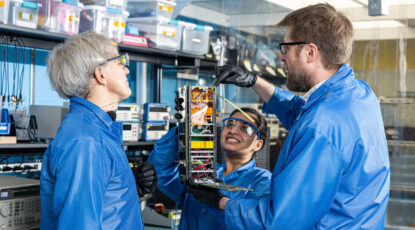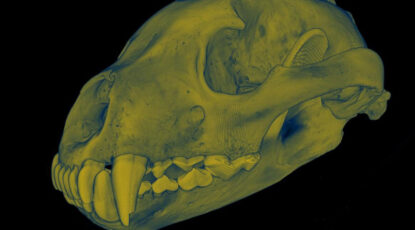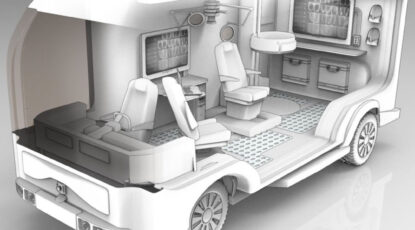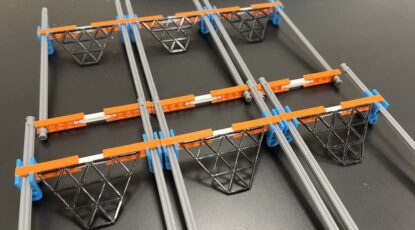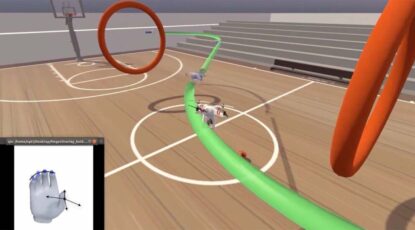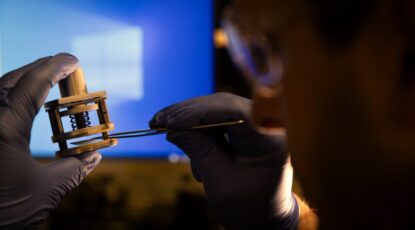Research News
-
Highly educated people face steeper mental declines after stroke
A Michigan Medicine study shows stroke survivors who have attended any level of higher education had faster declines in executive functioning — skills used to manage everyday tasks, such as working memory and problem solving — compared to patients with less than a high school degree.
-
U-M astronomers peer deeper into mysterious Flame Nebula
Using NASA’s James Webb Space Telescope, a team of researchers, including astronomers from the University of Michigan, are closing in on the answer to a looming cosmic question. In probing the Flame Nebula, they’re finding out what’s the smallest celestial body that can form on its own from clouds of gas and dust in space.
-
U-M astronomy will lead its first satellite mission
The project assembles a team of experts from across the country for a mission called STARI — STarlight Acquisition and Reflection toward Interferometry. The goal is to showcase the viability of a new technique for studying exoplanets, or planets outside of our solar system.
-
U-M microCT lab celebrates milestone with scan of a wolverine skull
For seven years, a CT scanner has been whirring away scanning specimens: snakes, lizards, frogs, bats, rodents, wasps, fish, a whole red fox, an armadillo. Recently the U-M MicroCT Scanning Laboratory completed its 10,000th scan: a 3D image of a wolverine skull, collected in British Columbia in 1948.
-
How Michigan planted its flag on Greenland — or tried to
When U-M researcher William Herbert Hobbs traveled to Greenland in the 1920s, he set off on a spree with a map and a pencil, planting Michigan-connected names on practically any feature of the landscape that caught his eye.
-
Bridging gaps in rural health care with AI-powered mobile clinics
It’s like “Knight Rider” meets “Northern Exposure” in a future where AI-equipped mobile clinics help guide medical generalists through unfamiliar diagnoses and procedures. The goal is to widen access to quality health care for rural populations.
-
Not so simple machines: Cracking the code for materials that can learn
It’s easy to think that machine learning is a completely digital phenomenon, made possible by computers and algorithms that can mimic brain-like behaviors. But the first machines were analog and now, a small but growing body of research is showing that mechanical systems are capable of learning, too, say physicists at U-M.
-
‘Unprecedented’ level of control allows person without use of limbs to operate virtual quadcopter
A brain-computer interface, surgically placed in a research participant with paralysis in all four limbs, provided him an unprecedented level of control over a virtual quadcopter — just by thinking about moving his unresponsive fingers. Such groundbreaking technology could impact one’s ability to socialize, work, and enjoy recreational activities.
-
New water purification technology helps turn seawater into drinking water without tons of chemicals
Cutting acid and base treatments from conventional desalination plants could save billions of dollars globally, making seawater a more affordable option for drinking water, say experts at U-M. A study describing the new technology has been published in Nature Water by engineers at Michigan and Rice University.



